It probably feels like a lifetime ago but it was only in 2017 that the MCU started releasing three feature films every year. By that time the franchise was approaching its 10th year with 17 movies under its belt and many started wondering just how long could Marvel Studios’ dominance at the box office truly last until audiences’ superhero fatigue managed to creep up on it. The following couple of years presented everyone with a resounding answer to that question as five out of the six movies released in that period surpassed the 1 billion dollar mark at the box-office, with two of those going over the 2 billion dollar mark while making Avengers: Endgame the highest-grossing movie of all time.

By that point, and besides being the final chapter of a story being told since 2008 through 23 interconnected movies, the end of the Infinity Saga had audiences saying goodbye to arguably its two most important characters, Tony Stark and Steve Rogers, that had been at the forefront of the MCU since its inception. So being, Marvel Studios had a few problems on their plate as 2019 came to a close: How to reintroduce surviving characters making them a bigger presence within the franchise filling the void of the ones lost, how to make fans care for the new characters being introduced as they did the legacy ones, and most importantly how to maintain global audience interested in the MCU avoiding the aforementioned superhero fatigue to finally become a real thing, in what the MCU is concerned.
A few of the issues mentioned above had already started being addressed head-on by taking a chance on characters like Black Panther and Captain Marvel, allowing for a larger and more diverse audience to feel embraced by the superhero cinematic universe Marvel created, all while keeping longtime fans engaged by diversifying the type of stories being told, the angles in which they were told, and the voices that told them. Phase 4 would be doubling-down on this idea of bringing into the franchise a much more diverse group of filmmakers (Cate Shortland, Destin Daniel Cretton, Chloé Zhao, Nia DaCosta) and introducing characters like Shang-Chi, Ms. Marvel, She-Hulk, Ironheart, and the incredibly diverse cast of Eternals that are further living proof that the MCU is trying to evolve and become a much richer and relevant franchise by allowing so much different voices to shine through.

But today, exactly one week after the WandaVision finale and one week before The Falcon and The Winter Soldier premiere, it’s becoming increasingly clear that, as contradictory as it may sound, another way Marvel Studios is trying to avoid superhero fatigue is by going all out and delivering ten projects in a single year. One would think that that would be against their interests as this means that there’ll be hardly a week throughout the year without some sort of new MCU content, but Marvel Studios is managing to circumvent that by turning inwards and redefining what the superhero genre can aspire to become. This way, instead of only releasing properties that could be described as being the generic superhero production and thus paving the way for audiences to quickly lose interest by the lack of novelty, they are expanding into sub-genres that are already a reality across the industry.
As WandaVision played with sitcom tropes while combining romance, mystery, and drama, The Falcon and The Winter Soldier is set to be more of an action-thriller experience. Ms. Marvel could be categorized as a teen drama while Hawkeye (mystery-thriller), Eternals (action epic), Shang-Chi and the Legend of the Ten Rings (martial arts action film), and Loki (sci-fi adventure) will each have their particular characteristics, making each project fresh in its own right. Going beyond 2021 we’ll find the same being applied to shows like She-Hulk (courtroom drama) or movies such as Thor: Love and Thunder (space opera rock show). All of this seems to mean that Marvel Studios is thinking that, by diversifying, audiences won’t grow tired of what they have to offer in the same way they don’t get tired of movies and tv in general. Even if all properties are a part of a larger franchise, their particulars will allow all of them to be experienced without the added weight of being presented with the same formulaic concepts and narratives.

Marvel Studios broke the mold for what franchises of this magnitude could become, and by keeping themselves in the public eye year-round but also understanding that a gimmick can only keep itself relevant for so much time, so much so that it’s not afraid to reinvent itself on the go (as we were able to see with WandaVision), is likely doing it again, before our very eyes.







